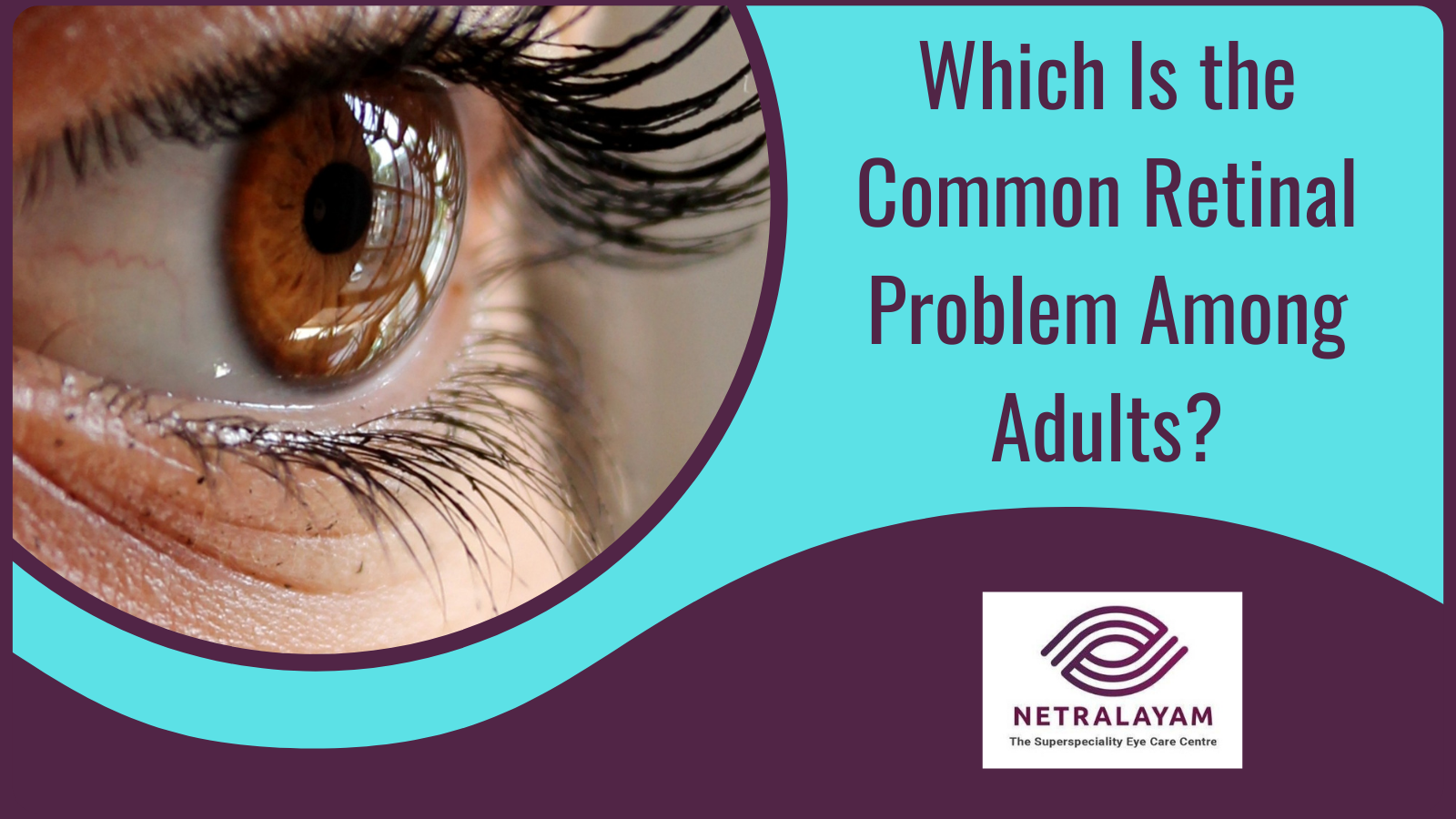Committed to Eye Care with Compassion, Technology and Competency
Committed to Eye Care with Compassion, Technology and Competency

11/28/2021
One of the most common eye problems usually observed among older adults is age-related macular degeneration, and it often impacts the central field of your vision. Generally, age-related macular degeneration occurs due to fatty deposits accumulating in the eye, hindering its capacity to process light.
Even though vision impairment from this disease occurs gradually, keep in mind that it can ultimately lead to limiting your ability to drive, read, or even identify faces of people who are familiar to you. In this article, we will discuss age-related macular degeneration in detail.
See Also: Frequently Asked Questions About Vision Health
Let us first see the major causes that lead to age-related macular degeneration.
Generally, age-related macular degeneration is commonly observed and is one of the major causes of severe vision damage in adults over 60. Therefore, age can be considered as one of the main causes of this disease.
Another common cause of macular degeneration is hereditary. Therefore, you need to be cautious if anyone in your family has the condition because, in such cases, your risk of developing macular degeneration gets higher.
Other common causes of developing macular degeneration are having high cholesterol or high blood pressure, smoking, obesity, consuming high amounts of saturated fat, and having a light eye color.
If you happen to experience any of the symptoms described above, make sure to go to an eye doctor at the earliest.
Age-related macular degeneration can be spotted with a routine eye exam. Drusen which are tiny yellow spots under your retina or pigment clumping is one of the most common early signs. They can be seen during an examination of your eye by your doctor.
Your doctor can also ask you to focus your eyes on an Amsler grid. This is a pattern of straight lines that look a lot like a checkerboard. You may notice some of the straight lines to be wavy, and some might disappear. These might be signs of macular degeneration.
Unfortunately, there is no cure for this eye problem. Treatment can only slow it down or help to preserve the vision left. Different treatment methods for macular degeneration are:
Apart from these treatments, here are some new experimental treatments for macular degeneration the researchers have come forward with recently.:
See Also: Corneal Transplant Surgery: Procedure, Types, Recovery, and Rejection.
If you see any symptoms of age-related macular degeneration, make sure to seek medical help immediately because the earlier you get the treatment, the more successful your doctor will be to prevent further vision loss. If you are looking for an eye hospital in Kolkata for your eye treatment, the professionals at Netralayam can help you. Give us a call.
Comments are closed
